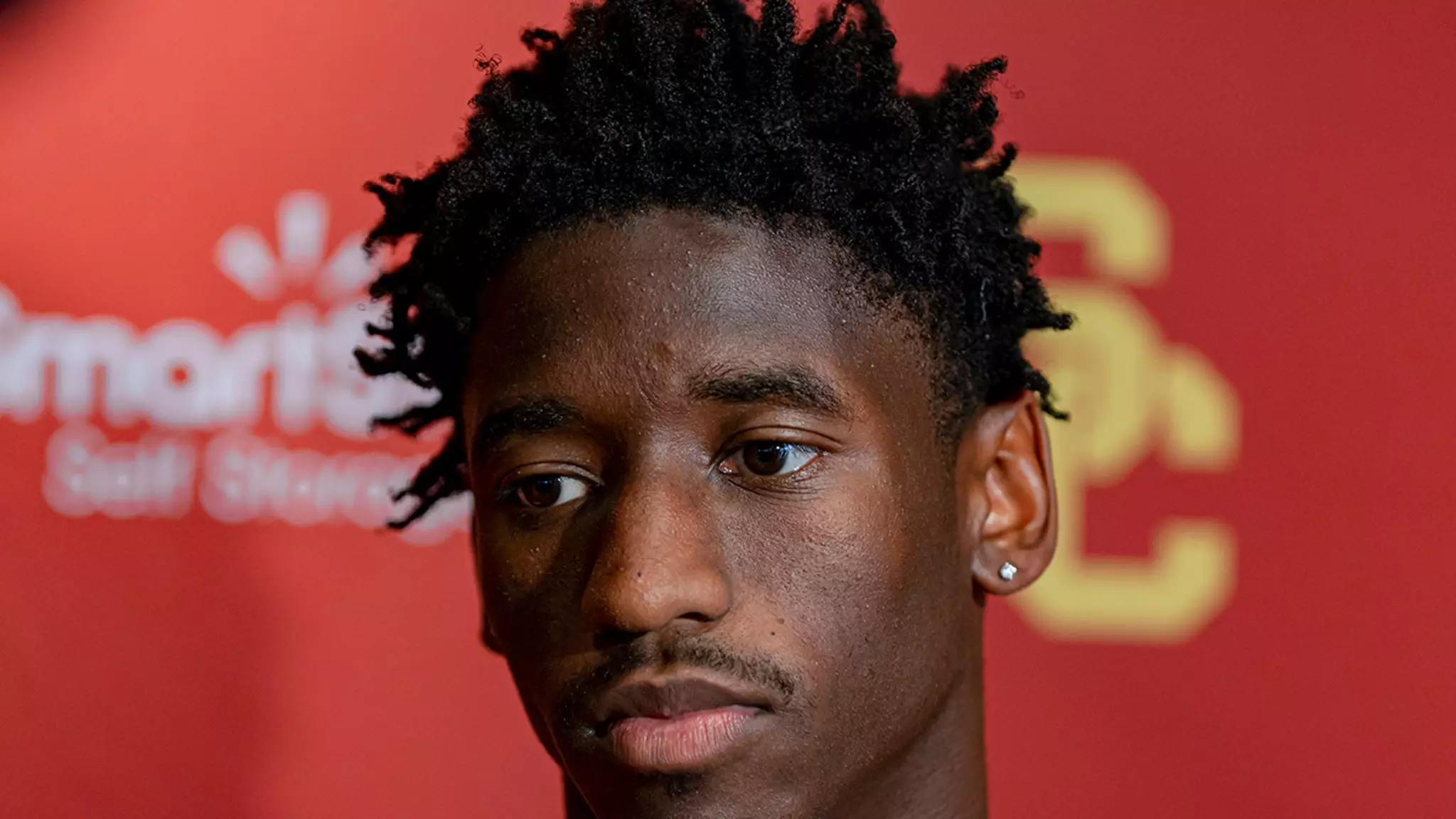The recent legal developments involving NFL star Jordan Addison highlight a critical moment in his career, serving as a stark reminder of the importance of personal accountability. Addison was involved in a serious incident on July 12, 2024, where he was found asleep behind the wheel of a luxury vehicle near LAX. This led to a DUI-related charge, which, although reduced to a lesser offense through a plea deal, raises questions about the responsibilities of young, high-profile athletes. The case underscores how even successful sports figures can falter when personal judgment is compromised, and it prompts a broader discussion about the importance of maturity and decision-making under pressure.
Legal Negotiation: A Strategic Choice or a Sign of Weakness?
The plea deal that Addison accepted—pleading no contest to a “wet reckless” charge and receiving probation—reflects a strategic legal maneuver. While his attorneys framed this as a responsible choice, aimed at minimizing further consequences, one must scrutinize whether such decisions truly reflect personal growth or merely a tactical step to quickly move past a difficult situation. The plea reduces potential penalties but doesn’t fully absolve Addison of the gravity of driving under influence, casting a shadow over his public image. It also raises questions about the precedent set for athletes: does opting for a plea reflect maturity, or is it a shortcut avoiding deeper accountability?
Impact on Career and Public Perception
Addison’s legal situation is not an isolated matter but one that could have long-lasting implications for his NFL journey. While the player’s on-field performance has been impressive—ranked among the league’s top second wideouts—the off-field incident may influence team decisions and league discipline. The NFL has historically taken a firm stance against conduct violations, especially concerning alcohol and behavioral issues. Addison’s case prompts a needed reflection on how athletes must uphold professionalism both on and off the field; failure to do so can tarnish a budding career. His willingness to admit fault and participate in educational programs shows some recognition of this need, but the real challenge lies ahead: translating remorse into consistent responsible behavior.
Lessons and the Road Forward
Addison’s experience serves as a potent lesson—not just for him, but for the many young athletes aspiring to greatness. It’s vital that talent and success do not overshadow personal integrity. While a single incident doesn’t define a career, how one responds to adversity can determine long-term reputation. For Addison, this moment must be a turning point—a commitment to maturity and wise decision-making. His participation in alcohol education and MADD events indicates an awareness of these responsibilities, but true growth will be demonstrated through ongoing accountability. As a rising star, Addison’s future hinges on whether he can navigate these challenges and emerge stronger, both as a player and a person.

